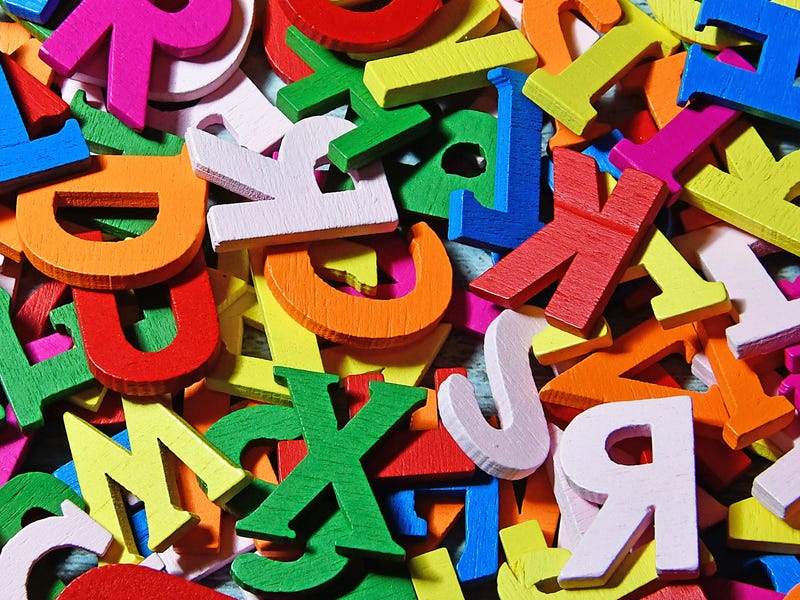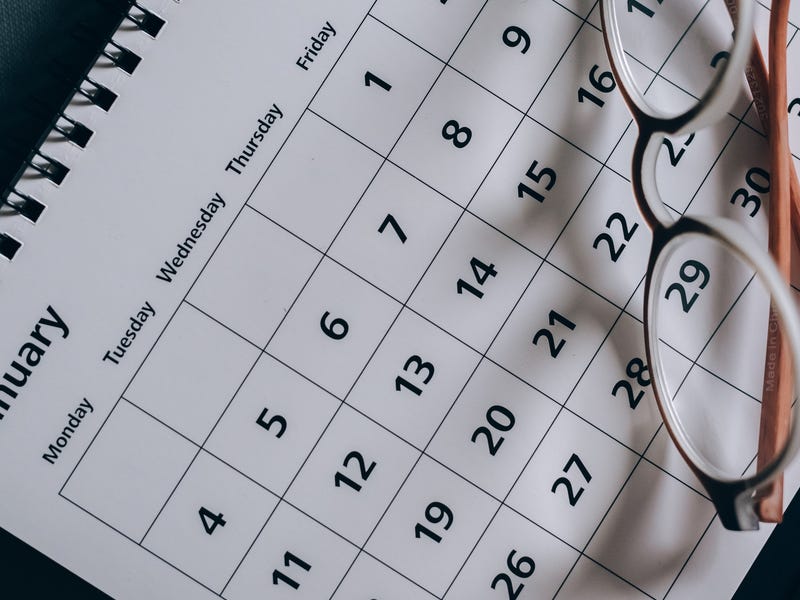
91 ways to say thank you and you’re welcome in English
Author:
Berlitz
The English language can be pretty challenging, including even the simplest expressions, such as giving thanks. That’s because there are many ways to say “thank you”, and “you’re welcome” in English.
Each of these phrases has its own subtle nuance, depending on whom you’re speaking with or what kind of occasion you’re acknowledging. The context in which you use each expression is extremely important to make it appropriate. You wouldn’t want to use an excessively familiar phrase among colleagues at work, for instance, because it would sound too casual. And on the other hand, if a family member said one of those phrases to you, it could sound overly formal and even disrespectful.
Because of this, sometimes it’s easy to forget how to thank someone in English, or you might realize you need to brush up on your skills.
That’s why in this article, we’ll give you a multitude of different ways to say “thank you” and “you’re welcome” in English, explaining the context. These examples give you a basic idea of when to use each phrase – but practicing them will help you put them into action with ease.



